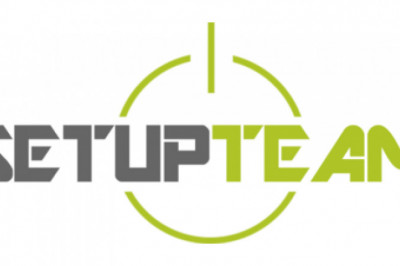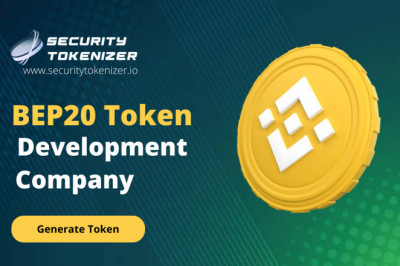views

Let's start at the beginning, what is a node?
In computing, a node is a connection within a data communication network. That is, a device that creates, receives, sends and stores information by communicating with other neighboring nodes. Let's take a simple example: let's imagine a network made up of a computer, a printer and an internet router . These three devices are nodes that communicate with each other.
The printer is connected to the computer through a cable and shares the information of a scanned image. The router receives bandwidth from the internet and shares it via WiFi with the computer. Thanks to those connections, the computer can now send an email containing the image it received from the printer. The three nodes exchange information back and forth and complement each other.
In a Blockchain development services , the operation is similar, with the only exception that all the nodes fulfill the same function . Although there are different types of nodes, they all run the code of the network and verify that the rules are being followed.
Validating Nodes, Mining Nodes, Full Nodes: What's the Difference?
Node types and their functions can be quite confusing, but we will try to explain them in simple words.
Validating nodes: Nodes that verify transactions and form blocks in Proof of Stake networks are usually called this way . These nodes are usually asked to leave a certain amount of locked coins as collateral. For offering this service of protecting and making the network work, they are given an incentive that usually comes from the issuanceof the network's native token
Mining nodes: Mining nodes are analogous to validators, but on Proof of Work networks. In order to generate blocks and receive a reward, they must not block coins, but must perform computational work. The mining nodes have to invest in electrical power and specialized computers that are efficient to do the work required by the network.
Full nodes: These nodes are called that because they have the entire blockchain stored. This means that they keep a copy of all the transactions that were made on that network, or at least a proof of them. Aside from that, the full nodes are constantly receiving and verifying new transactions. However, if they are not dedicated to generating new blocks, they will not earn any rewards.
What are the requirements to run a validator node?
The requirements to run a validator node vary depending on each network, but they are usually similar. Let's review the most important ones:
Capital: As we mentioned before, in order to run a validator node and receive rewards, you have to lock up a certain amount of coins. By requiring this, the network ensures that we have skin in the game (that is, that we have something to lose). In case we behave dishonestly, we can lose part of those coins. The minimum amount required varies by network, for example:
Ethereum: 32 ETH
Polka dots: 17,000 DOT
BNB Chain: 10.000 BNB
Avalanche: 2000 AVAX
Technical knowledge: Nowadays, the procedure to download and run a node in most networks is not difficult. There is usually detailed documentation that we can follow step by step to achieve this. However, it is advisable to have some technical knowledge. Although once the nodes are up and running they do not require much maintenance, there may be upgrades or issues that require intervention.
Hardware: Proof of Stake networks have much lower hardware requirements than Proof of Work networks. However, there are still issues that we must take into account. By having to save all the transactions and blocks, there is a minimum amount of memory needed that will depend on the size of the network. Also, the nodes have to be online 24/7, so a stable internet connection is needed. According to the official Ethereum documentation, these are the recommended hardware requirements:
CPU with more than 4 cores
16 GB RAM
SSD with at least 500 GB of available space
More than 25 MBit/s bandwidth
As we can see, it is not easy to run a validator node on a Proof of Stake blockchain. The difficulty is mainly given by the capital needed to start. However, there are ways for small investors to take advantage of staking profits without running their own node. This comes from the hand of the delegation.
What is delegation?
The delegation consists of depositing our coins in the node of a third party so that it can validate transactions and give us a part of the profits. In this way, we can start with very little capital and we do not have the responsibility to maintain an active node.
Some blockchain development services, such as Cardano and BNB Chain , have native delegation. This means that the protocol itself supports the delegation of coins to validator nodes. In the case of Ethereum, since it does not appear natively, there are decentralized applications that are responsible for providing this service. These dApps work as pools that gather users' coins and use them to set up a validator node.












